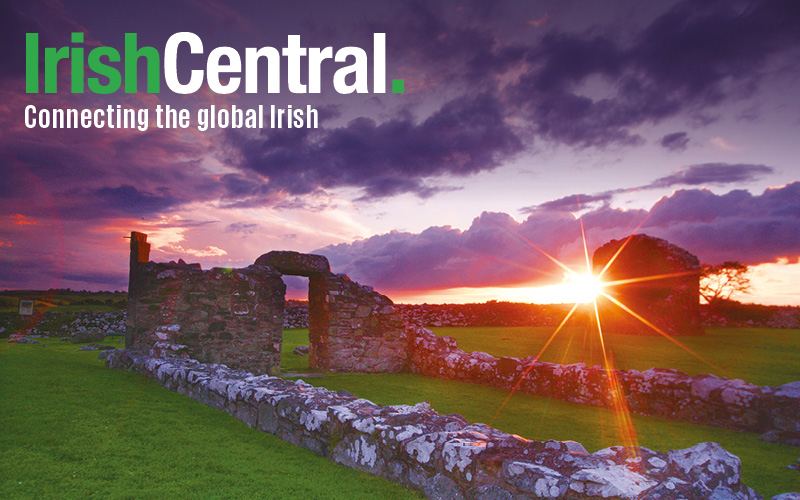A federal appeals court panel has ruled that four nonprofits affiliated with the Roman Catholic Archdiocese of New York must allow employees access to contraception, the New York Times reports.
The ruling reverses a decision by a lower court that allowed the organizations to avoid completing a one-page opt-out form, a requirement of the Affordable Care Act for groups that object on religious grounds to providing contraceptives for their employees.
After the organization completes the form, a third party, such as an insurance company or a health insurance administrator, then provides and coordinates payments for the employees’ contraceptives.
The four New York groups——Catholic Health Care System, Catholic Health Services of Long Island, Cardinal Spellman High School and Monsignor Farrell High School——argued that the opt-out form imposed a “substantial burden” on their religious freedom. The groups’ argument was that their completion of the form triggered contraception coverage.
In 2013, Judge Brian M. Cogan of Federal District Court in Brooklyn agreed that the opt-out provision itself violated the employers’ religious freedom and granted an injunction requiring the employees to pay for their own contraceptives.
On Friday, the unanimous-three judge panel ruled that the New York groups either had to offer “access to products and services they find objectionable” or face high fines.
The decision, written by Judge Rosemary S. Pooler for the United States Court of Appeals for the Second Circuit, in New York, stated that the opt-out form was “a modicum of paperwork” that “relieves, rather than imposes, any substantial burden” on the plaintiffs’ religious freedom.
“Eligible organizations are provided the opportunity to freely express their religious objection to such coverage as well as to extricate themselves from its provision,” she wrote. “At the same time, insured individuals are not deprived of the benefits of contraceptive coverage.”
As an alternative to the opt-out form, groups may send a letter to the federal Department of Health and Human Services “detailing their religious objections in their own words,” and the government would then notify insurance administrators. If an organization is self-insured, as the four non-profits in New York are, the administrator may then get payments for contraceptives directly from the government and leave the organization out of the process.
“Viewed objectively, completing a form stating that one has a religious objection is not a substantial burden,” she wrote.
Judge Pooler compared the completion of the op-out form to a conscientious objector’s informing the military to his position.
“There must be some method by which the government can be notified of the objection,” she wrote. “Otherwise there is no way that the government can know which organizations it needs to accommodate. Here, the government has provided flexible, largely effortless and essentially cost-free options for notification.”
The New York Times reports the panel noted that six other circuit courts around the country deciding on similar arguments involving religious organizations have met with similar conclusions.
“It’s a huge victory for all the female employees who work at the organizations. The scorecard is really 7-0 in the Courts of Appeals on this issue,” said Brigitte Amiri, a lawyer for the American Civil Liberties Union.
Joseph Zwilling, a spokesman for the archdiocese, said its lawyers, which also represent the four organizations in the case, were reviewing the decision.




Comments